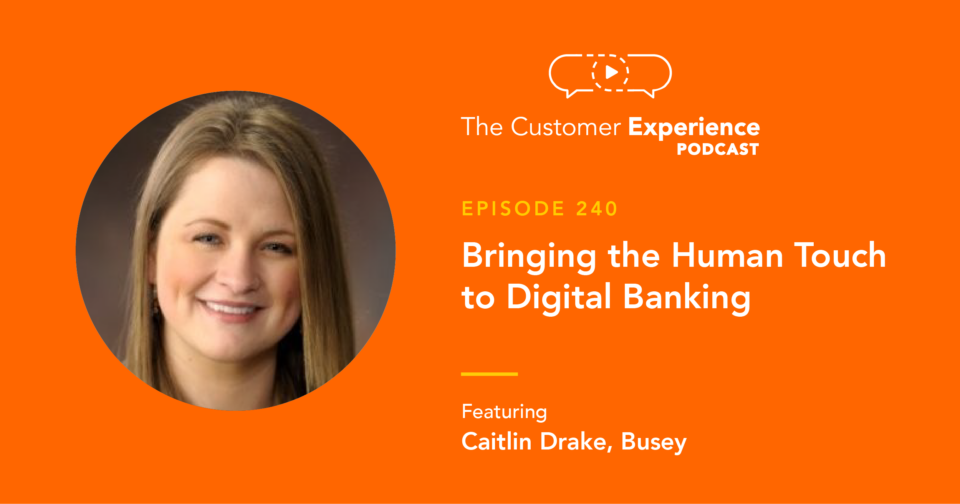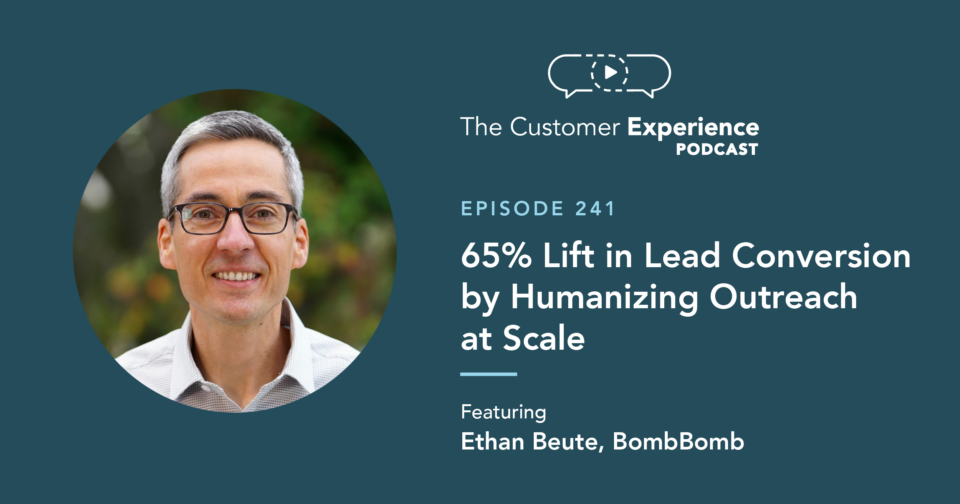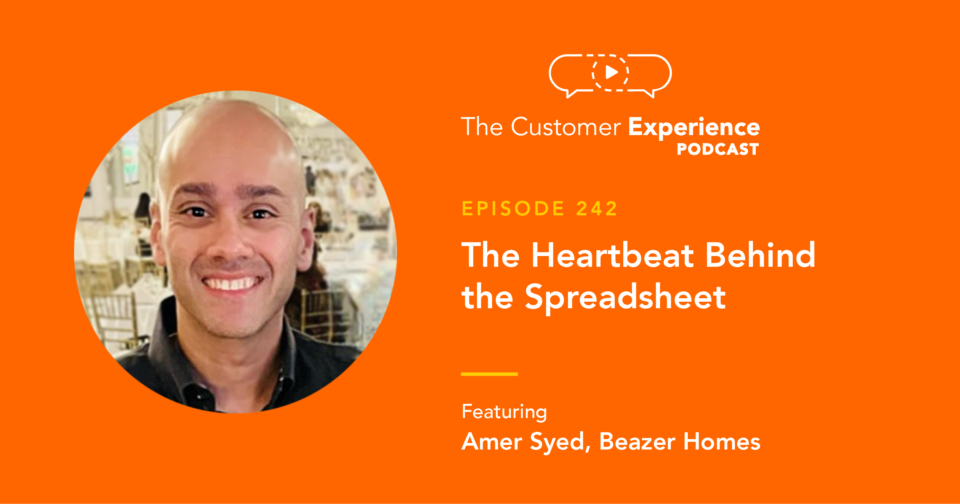
Apple Podcasts | Spotify | Google Podcasts | Amazon
Feelings have always played a significant role in business and in relationships. Nonetheless, they’re more vital today than they’ve ever been. This is in part because the physical economy (physical labor) and the thinking economy (intelligence and leadership) have become increasingly automated — run by machines and artificial intelligence (AI).
But machines and AI still struggle to conquer the contextual and complex nature of human emotion and empathy. And while there have been and will continue to be great strides made in technology that recognizes emotion in facial expression and vocal tone, it still leaves us humans with the majority of The Feeling Economy largely by default.
The Feeling Economy is characterized by emotional intelligence and interpersonal skills. And it’s now become the last and most significant sphere for humans to dominate. Think about it: if machines can do everything else, it will be interpersonal relationships and human-to-human connections that drive the success of our organizations.
Today’s guest is Dr. Roland Rust, Distinguished University Professor at Robert H. Smith School of Business – University of Maryland and co-author of The Feeling Economy: How Artificial Intelligence Is Creating the Era of Empathy with Ming-Hui Huang.
Roland believes now more than ever, technology affords brands the opportunity to have closer relationships with customers through personalization. He also highlights that humans and machines can act as a team to create even deeper connections. In The Feeling Economy, direct personal relationships built on AI-driven personalization will be the differentiating factor in business.
Roland has authored several books on service marketing and customer lifetime value. His numerous articles and his consultancy with Microsoft, Sony, and NASA have positioned him as an expert on the Era of Empathy. With a deep dive into The Feeling Economy, Ronald and I discussed the three economies, the levels at which AI operates, and how it’s a threat to previously emphasized skills in science, technology, engineering, and mathematics (STEM).
In our conversation Roland also talks with me about:
• What the role of emotion is in business today
• How the three economies are evolving towards feeling
• What our relationship to AI is and what it could become
• Why rationalization is one of the greatest benefits of the feeling economy
• What causes the prevalence of feeling industries today, especially sales
How Artificial Intelligence is Driving the Feeling Economy
Hear Episode 155 and every other conversation on The Customer Experience Podcast in your preferred podcast player …
While you’re there, please take a moment to rate the show with a single click. Thank you for listening and rating!
We also embed the full conversation in a playable and searchable format right here in these blog posts. The recording with Dr. Roland Rust is right here…

Video Highlights: How Artificial Intelligence is Driving the Feeling Economy
Check out the top five video highlights from the discussion with Dr. Roland Rust, Distinguished University Professor at Robert H. Smith School of Business…
1. The Progress of Feeling AI
2. Decline of STEM and Rise of EQ
3. Personalization + Relationship = Relationalization
4. The Threat of AI to Humans
5. Example of Thinking vs Feeling (Financial Services)
Links Related to This Conversation:
- Roland Rust on LinkedIn
- Robert H Smith School of Business at University of Maryland
- The Feeling Economy: How Artificial Intelligence is Creating The Era of Empathy
Recent Episodes You’ll Enjoy:
- Episode 153 with Dan Hill, “Emotional Intelligence & Human-Centered Connection”
- Episode 75 with Dan Hill, “Emotional Intelligence and the Power of Faces”
Subscribe, Listen, Rate, and Review The Customer Experience Podcast:






